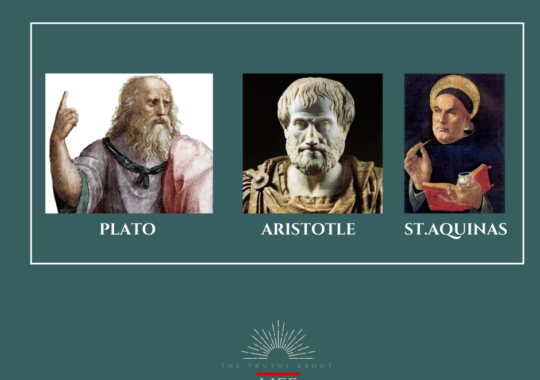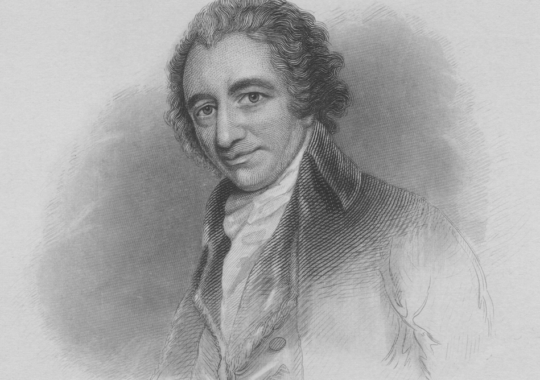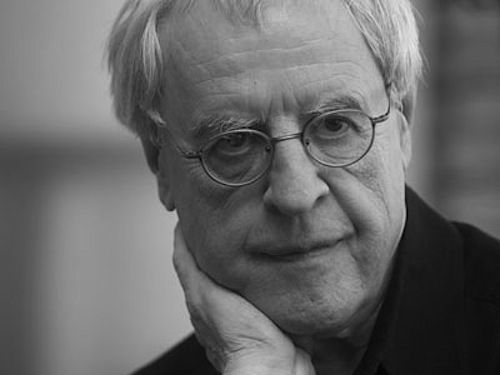Brief Background on Voltaire
Voltaire was born on 1694 in Paris and was a French philosopher and a great supporter of social reform, including but not limited to liberal values, rejection of superstition, freedom of speech, tolerance, freedom of religion and free trade (Voltaire, n.d.). Soon after college he spent couple of years in England, the country that he liked more than France and the country he used to mock France nation.
Voltaire believed in reason, rather than in absolute faith, but at the same time he also believed that some minimum beliefs in supreme being were very useful for social connection. Further, Voltaire believed that some supreme being, just created a world and then backed off and therefore evil can co-exist together with good. Voltaire even argued that evil exists to remind us about good things and that many times we need a push of evil to be better.
For his attacks on French authorities he was even imprisoned many times, but he didn’t let that shut out his ideas. Some of his famous works include Candide published in 1750 which is critising religious and philosophical optimism and Philosophical Dictionary which was published in 1764 and its marked to be his largest philosophical work (Voltaire, n.d.).
“Don’t think money does everything or you are going to end up doing everything for money.” – Voltaire
Due to the provocations of this works, some of his works were also censured or banned in certain countries (Pomeau, 2018).
To me, Voltaire seems like someone who will stand so firmly behind his believes, he’ll even defend them with his life if necessary, but at the same time he is not afraid to change his believes if there would be new information that would present his beliefs in different light than he firstly thought.
Contrasting Voltaire with my own believes
Striving towards religious toleration, liberal values and freedom of speech, Voltaire seemed to be a great fighter for what he believed it’s right. He spoke out very loudly about pressing problems and even if the government authorities didn’t want to hear him out, he didn’t stop, but he just found another way. In some cases, he found that he needs to speak to the society directly, not to the government and the people who will believe in his ideas, and will then pressure the government towards the change.
Even if some of his pressuring’s via society didn’t succeed, he never gave up on his ideas – ones which he defended so eagerly.
“It is forbidden to kill; therefore all murderers are punished unless they kill in large numbers and to the sound of trumpets.” – Voltaire
I personally support all of his ideas about religious toleration, especially the importance of various religions, as this diversity can make us think outside of the scope that we believe in and it helps us to understand more different views and perspectives. Similar as Voltaire, I believe that this religious diversity can help us develop new ideas, but we should not fight about it. Moreover, I also believe that we should respect other religions and to be very tolerant about them, but not to spill a blood for defending what we think it’s the right religion.
Voltaire defended the co-existence of good and evil, by arguing that humankind sometimes need to see and experience some kind of evil, in order to push them back on the right track of goodness. Speaking from my personal experiences and involvement in other people’s lives, I relate to this philosophy. When I reflect back on my life, the lives of the people I know and general lives of society, I think that his arguments are very reasonable.
“Judge a man by his questions rather than by his answers.” – Voltaire
So many times, we take things such as health, family, live and even our own existence for granted and when we are reminded by the circumstances, such as diseases and natural disasters, that nothing is granted and that we are all very fragile in every aspect of life, we suddenly become humbler and we appreciate more the good things in our lives.
At least we do it for some time, until we forget about it again. It doesn’t happen so often that we are grateful for our existence just for sake of it. The history shows that we need constant reminders to be grateful, fulfilled with what we have and to be tolerant towards other people’s views, perceptions and ideas.
Further, Voltaire has rejected and we could even say that he hated superstition, idolatry and fanaticism. He was man of reason (ABOUT VOLTAIRE, n.d.). That’s why he rejected also religious institutions, such as church, which seemed quite hard as his country was built on the catholic tradition.
However, as pointed out earlier, Voltaire stand firmly behind his believes and he was very clear that people who are killing each other in wars are fighting usually for some religious believes, which they in fact don’t even understand well. The idea, to be ready to fight in war for something you don’t even understand, seemed very obnoxious to him (ABOUT VOLTAIRE, n.d.).
“The mirror is a worthless invention. The only way to truly see yourself is in the reflection of someone else’s eyes.” – Voltaire
As he was living in country with prevailing catholic tradition, worshiping all that he has rejected, he had quite a hard time.
I can relate to all the topic that he rejected and I can relate highly to his idea that some supreme being exists. The same supreme being who created the world, has after the creation backed off and that’s why we have evil and good. This theory or Voltaire seems very rational to me and it is one of the likeliest theories that I heard about till now.
In rejection of superstition and fanaticism, as well as ideas about supreme being, I completely share the same views as Voltaire did. My ideas and believes are the same as Voltaire’s, the only difference is at the end in the courage to express these ideas very clearly and loudly. My beliefs are that not so many people are open minded and ready to hear (to really hear) of what you have to say, therefore I mostly decide not to speak about my ideas.
In addition, some of my past experiences have thought me that people can hardly discuss religious and politic matters, without getting into fights. Therefore, I have decided to not try to discuss this matters with almost anyone, in order to save my strengths for something better, something more positive.
If I need to decide whether I will discuss and probably at the end fight with narrow minded people, or to stay silent, I will always stay silent, as I hate waste and I refuse to waste my energy and the time for such infertile debates. Voltaire on another hand, didn’t let this stop him, he pushed and pushed, spoke louder and louder and even went in jail for numerous times for this. At the end he reached many goals and many of his ideas were heard and considered.
Today we have such fancy technology, but not so many people can make such impact as Voltaire did. Considering the fact that there was not technology as we have it today in his time, he must invest quite some effort to reach such wide crowd as he did. In addition, as his ideas were not conventional in that time, we also risked his head and freedom with speaking so publicly and clearly about religion, politics and society.
I admire deeply his strength, courage to speak out, to defend his ideas so eagerly, but yet non-violently and his fights for freedom.
References used:
Voltaire (François-Marie Arouet). (n.d.). Retrieved from https://www.philosophybasics.com/philosophers_voltaire.html
ABOUT VOLTAIRE. (n.d.). Retrieved from http://www.voltaire.ox.ac.uk/about-voltaire/about-voltaire
Pomeau, R. H. (2018, November 17). Voltaire. Retrieved from https://www.britannica.com/biography/Voltaire





